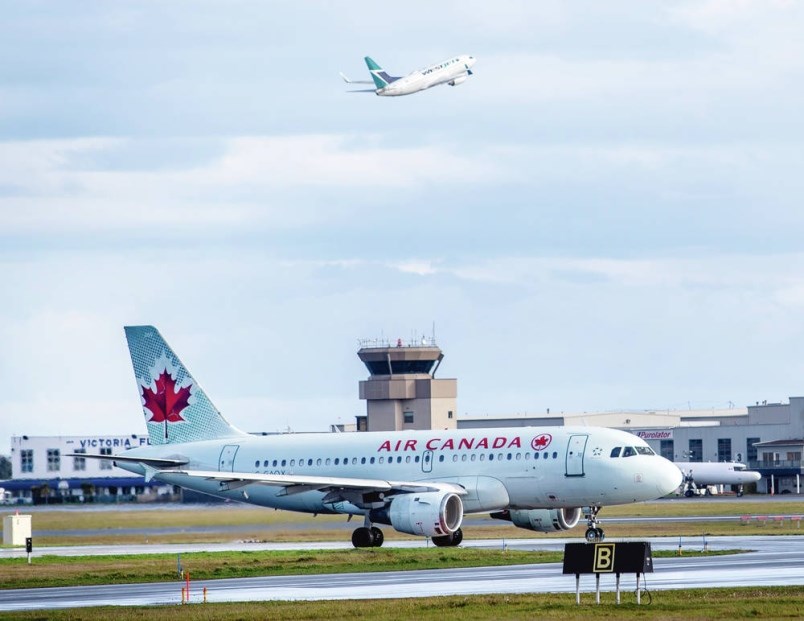The province has the power to limit non-essential travel into B.C. and could make an argument to restrict other types of travel if it poses a risk to British Columbians, says a constitutional law professor.
Joel Bakan, a University of British Columbia professor specializing in constitutional law, said the mobility rights guaranteed under Section 6 of the Charter of Rights and Freedoms apply to citizens and permanent residents who are entering another province to live or to pursue work, which means the province has the jurisdiction to limit other types of travel. Those Charter rights can also be subjected to reasonable limits, he said.
Premier John Horgan said in a statement Thursday that the province cannot prevent people from travelling to B.C. from elsewhere in Canada, noting that much of the travel into the province is work-related, which is protected under the Charter.
Bakan said if most of the people crossing the B.C./Alberta are doing so for work, they would be protected by Section 6, and the government would have to make a good case that it posed a significant threat to British Columbians. “I guess the government didn’t feel they could make that case.”
He said the legal questions facing B.C. around restricting travel into the province are the same as those faced by the Atlantic provinces – Nova Scotia, New Brunswick, Prince Edward Island and Newfoundland and Labrador – which created a pandemic bubble in the summer, requiring anyone from outside the four provinces to quarantine upon entry, while allowing travel between the Atlantic provinces. The Yukon, Northwest Territories and Nunavut also require out-of-province travellers to quarantine for 14 days.
The Canadian Civil Liberties Association challenged Newfoundland and Labrador’s travel ban on behalf of Kim Taylor, a Halifax woman who was denied a travel exemption to attend her mother’s funeral in that province. A judge ruled that the restrictions did violate Taylor’s Charter rights under section 6, but that was outweighed by the COVID-19 public health crisis and the Charter’s reasonable limits provision.
The Atlantic bubble burst in November as cases rose in the region.
Horgan left the door open to restrictions on non-essential travellers, who are not protected by Section 6 of the Charter guaranteeing mobility rights, if transmission increases due to inter-provincial travel. However, Horgan has previously said B.C.’s expansive border with Alberta makes it a challenge to enforce a B.C. bubble.
Jim Abram, a director with the Strathcona regional district who represents the Discovery Islands-Mainland Inlets, said he’s disappointed that the premier shut the door on an inter-provincial travel ban or a 14-day-quarantine rule to deter out-of-province visitors.
Abram said an order against non-essential travel, rather than the current recommendation, is needed for people to take the rules seriously.
He noted that a 14-day quarantine requirement is already in place for those returning to Canada after international travel. “So why not inter-provincial travel?”
Abram added the situation is particularly urgent now that highly infectious variants of the COVID-19 virus from the United Kingdom and South Africa are present in B.C. “These people are coming from places that are the hotbeds of COVID infection. Why do we want to bring that to B.C.?”
Read more from the



